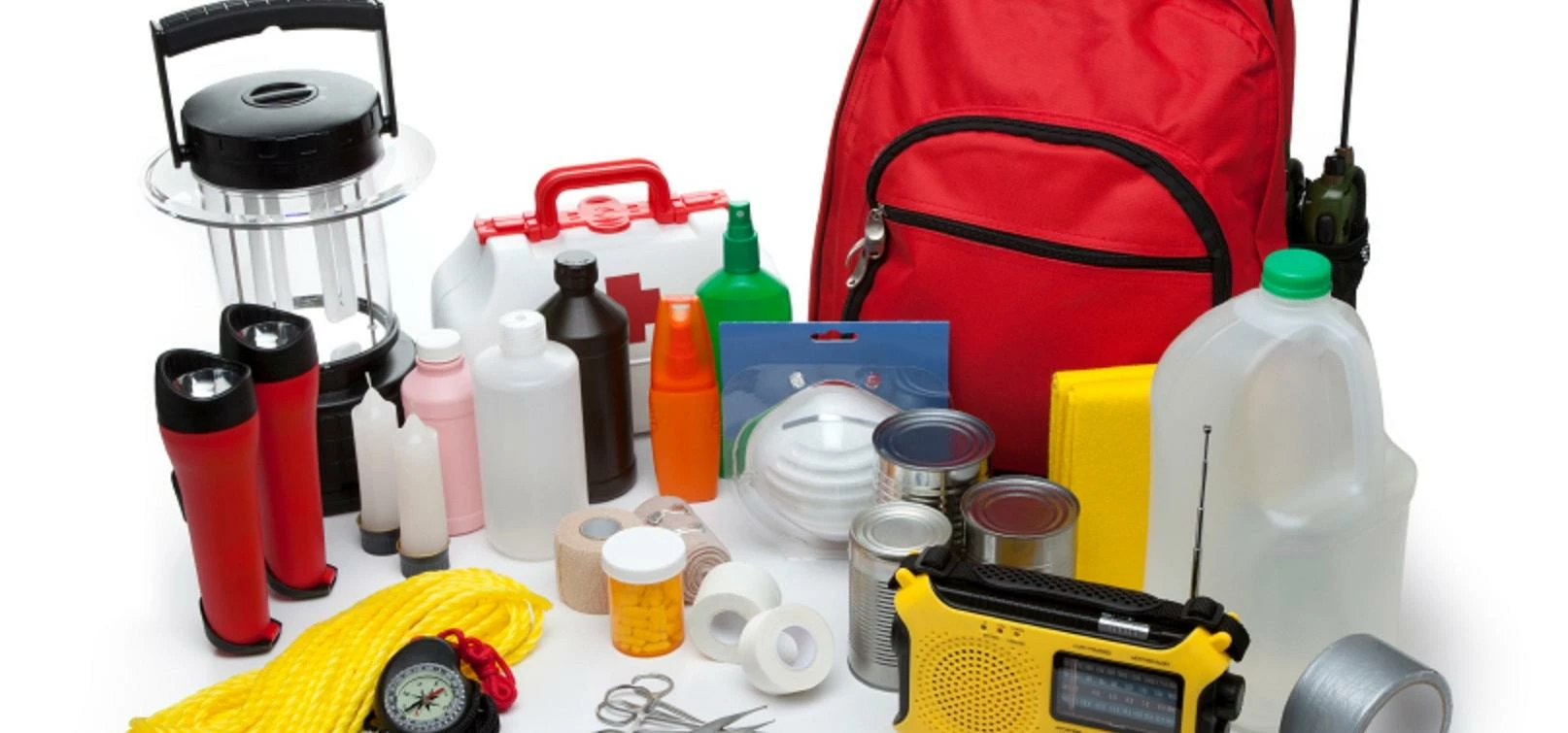
Partner Article
Carlton Church - Natural Disaster Survival Kit
Floods, earthquakes, tsunamis, super typhoons and fires. These types of news appear more frequently within this year than the previous ones. Old people nowadays even complain of the changing world, followed by endless accounts of peaceful living during their time. Are these all effects of global warming? Is our Mother Earth now starting to get angry of what we, humans, have done to its resources? Perhaps.
We can never predict when a disaster would strike our home. And since you are still reading this, it is safe to assume that you are still able breathe and live your life. The best thing we can do right now is prepare. There is no use panicking only when the warning arrives. It is better to give gear up now and perhaps survive a few more years.
Preparation should not be too extravagant. And it doesn’t have to be a suitcase filled with gas masks and whatnot. Remember that on the face of disaster, having a large baggage would be more of a burden that survival assistance. Pack light. You’ll only need a few of the following things:
1. Gears, extra batteries and supplies.
Multi-purpose tool/knife, moist towelettes, dust masks, waterproof matches, needle and thread, compass, area maps, extra blankets and sleeping bags should all should be part of your emergency supply kit.
It is also important to bring extra charge for your devices. There are back-up universal batteries available for most cell phones that can offer an extra charge.
2. Important paperwork and insurance documents.
When tsunami hit Japan last 2011, all documents were washed up resulting to chaos and strenuous recovery operations. Until now, many citizens linger in the streets of Tokyo in the hopes that most technologically advanced city in the world can reproduce certificates, diplomas and other legal and important written document stolen by water. This is why copies of personal documents like a medication list, proof of address, deed/lease to home, and insurance papers, extra cash, family photos and emergency contact information should be included in your survival kits.
3. First Aid Kit
Store your first aid supplies in a tool box or fishing tackle box so they will be easy to carry and protected from water. Inspect your kit regularly and keep it freshly stocked and do not use cheap and fraudulent ones. It is also helpful to note important medical information and most prescriptions that can be tucked into your kit. Medical gauges, bandages, Hydrogen peroxide to wash and disinfect wounds, individually wrapped alcohol swabs and other dressing paraphernalia should also be useful.
- See more at: http://www.carltonchurch.org/news/natural-disasters-survival-kit
This was posted in Bdaily's Members' News section by Sabrina R. Carlton .








 £100,000 milestone drives forward STEM work
£100,000 milestone drives forward STEM work
 Restoring confidence for the economic road ahead
Restoring confidence for the economic road ahead
 Ready to scale? Buy-and-build offers opportunity
Ready to scale? Buy-and-build offers opportunity
 When will our regional economy grow?
When will our regional economy grow?
 Creating a thriving North East construction sector
Creating a thriving North East construction sector
 Why investors are still backing the North East
Why investors are still backing the North East
 Time to stop risking Britain’s family businesses
Time to stop risking Britain’s family businesses
 A year of growth, collaboration and impact
A year of growth, collaboration and impact
 2000 reasons for North East business positivity
2000 reasons for North East business positivity
 How to make your growth strategy deliver in 2026
How to make your growth strategy deliver in 2026
 Powering a new wave of regional screen indies
Powering a new wave of regional screen indies
 A new year and a new outlook for property scene
A new year and a new outlook for property scene